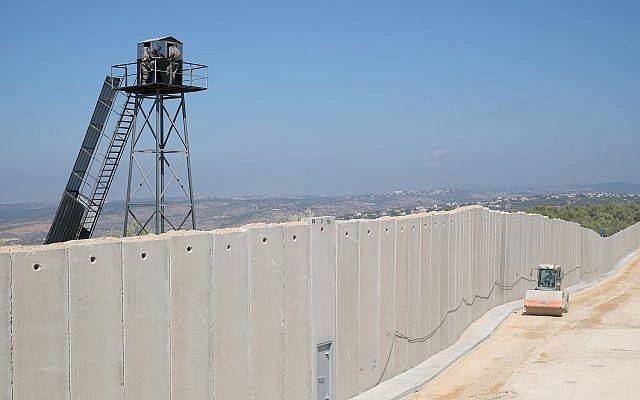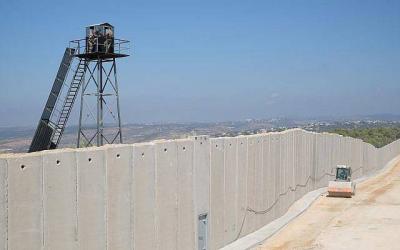A serious breach occurred at Beirut Airport yesterday, where messages directed at "Hezbollah" and its Secretary-General Hassan Nasrallah were broadcasted on display screens, demanding that Lebanon not be involved in the war and accusing the party of smuggling weapons through the airport. The images displayed names like "Soldiers of God" and "The Keeper of the Word." It remains unclear whether the breach originated from within the airport, from within Lebanon, or even from abroad, pointing towards Israel, which may be attempting to send messages to "Hezbollah" and incite strife within the country, as reported by the electronic news outlet "Al-Anbaa."
In this context, information has emerged that the display screens are not connected to the internet, suggesting that the breach either occurred within the airport itself or that the airport’s systems were fully hacked. This raises concerns about the security of airport and passenger data, highlighting the potential vulnerability of airport cybersecurity following the incident.
Regarding the entity behind the breach, although the slogan "Soldiers of God" appeared on the images shown, individuals claiming affiliation with the group denied responsibility. There remains a significant possibility that this event was an Israeli activity aimed at creating discord among the Lebanese people.
The breach extended beyond the display screens; there was also a suspicious malfunction in a device connected to passenger luggage screening for a brief period. Nevertheless, all airport operations continued despite these obstacles, and a meeting convened between the Minister of Public Works, security agencies, and airport management to assess what occurred.
Additionally, new threats were issued by Israeli war government Minister Benny Gantz and Chief of Staff Herzi Halevi, stating that either "Hezbollah" should withdraw from the border to "secure the residents of northern Israel" through diplomacy or be forced to do so via war.
In this context, according to "Al-Anbaa," international diplomatic efforts have intensified in recent days to reach a settlement regarding the Lebanese border. The American envoy Amos Hochstein was expected to visit Beirut after Tel Aviv, but this has not occurred, possibly due to negative atmospheres surrounding his meetings in Israel.
As for "Hezbollah," the public rejection of these settlements is evident, reflected in the party leadership's statements on one hand and the escalation of its operations on the other. The bombardment of the Israeli "Miron" base exemplifies this escalation, and it is unlikely that the party will agree to a ceasefire before the conclusion of the war in Gaza.
Despite maintaining a specific threshold for engagement between "Hezbollah" and the Israeli enemy, the fuse of war has not been extinguished yet. Sources indicate that Israel is preparing for a potential widespread war against "Hezbollah" if diplomatic efforts fail, driven by a desire to eliminate any threats along its borders to prevent a repeat of the October 7 scenario. Sources suggest that war could erupt at any moment due to Israel's provocations, which may escalate, including heavy bombardments outside the designated conflict area—specifically in regions deemed outside the purview of Resolution 1701—and an intensification of assassination operations, which began with the assassination of Hamas leader Saleh al-Arouri, especially if diplomatic talks reach a deadlock.
Therefore, security is once again at stake with this cyber breach, adding new threats to Lebanon from all directions, warranting serious consideration of solutions. All paths lead to fulfilling all constitutional obligations to ensure the proper functioning of public administrations and security agencies and to enhance readiness to avoid any danger.




